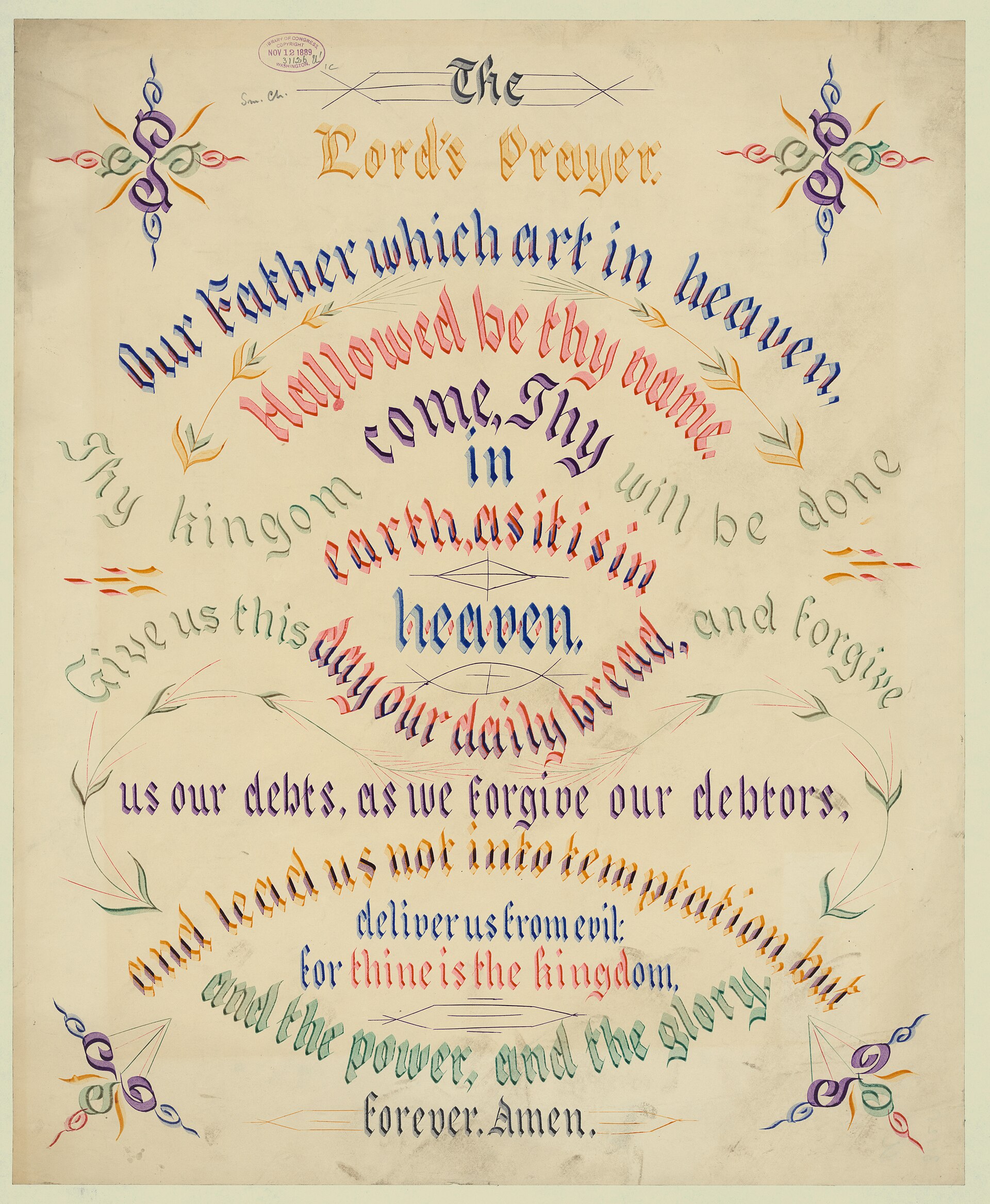Rector's Reflection: Praying as Jesus Taught Us, July 26, 2025
- Leslie Scoopmire

- Jul 26, 2025
- 4 min read

Beloved Friends of St. Martin's,
I want to start by first thanking all of you for your prayers, support, and care as I and my family have been navigating my sister's sudden health crisis and emergency surgeries nearly two weeks ago in Tulsa. Sometimes in life, the hits just do seem to keep coming, and this was a very scary situation indeed. I am especially grateful to the Rev. Christina Cobb, who works full time as a hospital chaplain during the week, for her willingness to supply in our hour of need. It is incredibly difficult for a solo clergyperson especially when there is a shortage of supply clergy available.
It will be necessary for me to return to Tulsa to care for my sister next week, and then to very carefully fly with her back to the mountains outside of San Diego where she lives with her family and works as a teacher. Right now her husband and her friends and I have been trading off on the nursing duties. I will be using vacation time for this starting July 30 and extending through August 12. The Rev. Christina will be back over those two weekends.
I am looking forward to exploring this weekend's gospel passage with you-- it starts with Luke's version of the Lord's Prayer in chapter 11. I hope you really notice what the differences are between the version that appears in Luke and the version we traditionally say in worship.
While the 505 uses lots of alternative versions of this prayer, I know that the 10:30 crew has been more attached to the traditional language version from the prayer book. I have predominantly tried to keep that version in the liturgy at our Sunday services. It's comfortable, it's familiar-- I know! But one thing we do NOT want to do in liturgy is just get into a rut where we say the words and don't really think about them, especially with common prayers like this.
So let me take this opportunity to lay Luke's version from the New Revised Standard Version of the Bible alongside the traditional one so that we can examine them both, remembering that we are always reading translations no matter what. That's important bbecause, unless we speak ancient Aramaic, as Jesus did, we are not actually praying the exact words that Jesus probably taught.
I have italicized the words that tradition (and Matthew's version) adds to Luke's version, and bold-faced the words where a different word or phrase is used.
Luke 11:2-4 (NRSV)
Father,
hallowed be your name
Your kingdom come.
Give us each day our daily bread.
And forgive us our sins,
for we ourselves forgive everyone indebted to us.
And do not bring us to the time of trial.
Traditional Version (BCP)
Our Father, who art in heaven,
hallowed be thy name.
Thy kingdom come,
thy will be done,
on earth as it is in heaven.
Give us this day our daily bread.
And forgive us our trespasses,
as we forgive those
who trespass against us.
And lead us not into temptation,
but deliver us from evil.
For thine in the kingdom,
and the power, and the glory,
for ever and ever. Amen.
That's a lot of differences! I hope you spend some time pondering these, and what your thoughts are about the differences in word choice. For instance,
What is he difference between "this day" and "each day" in receiving our daily bread?
What is the difference between "trespasses" and "sins?
What is the difference between "everyone" and "those?"
What is the difference between "temptation" and "time of trial?"
Some of you may be wondering where some of the insertions in the traditional version come from. Scholars believe the extra words and phrases come from earliest records we have of church liturgies. It is theorized that those early bishops added from the Hebrew scriptures, specifically 1 Chronicles 29:10-13, when King David blessed God after giving his son Solomon the task of building the Temple. David addresses God this way:
Blessed are you, O Lord, the God of our ancestor Israel, forever and ever.
Yours, O Lord, are the greatness, the power, the glory, the victory, and the majesty, for all that is in the heavens and on the earth is yours; yours is the kingdom, O Lord, and you are exalted as head above all.
Riches and honor come from you, and you rule over all. In your hand are power and might, and it is in your hand to make great and to give strength to all.
And now, our God, we give thanks to you and praise your glorious name.
As our gospel passage reminds us, it is a necessary and serious business to maintain and grow our relationship with God through regular and daily prayer. I hope you are also willing to try praying a different version of the Lord's Prayer from time to time, and think carefully about how the different versions affect how you think about this vital prayer.
In Christ,
Mother Leslie+